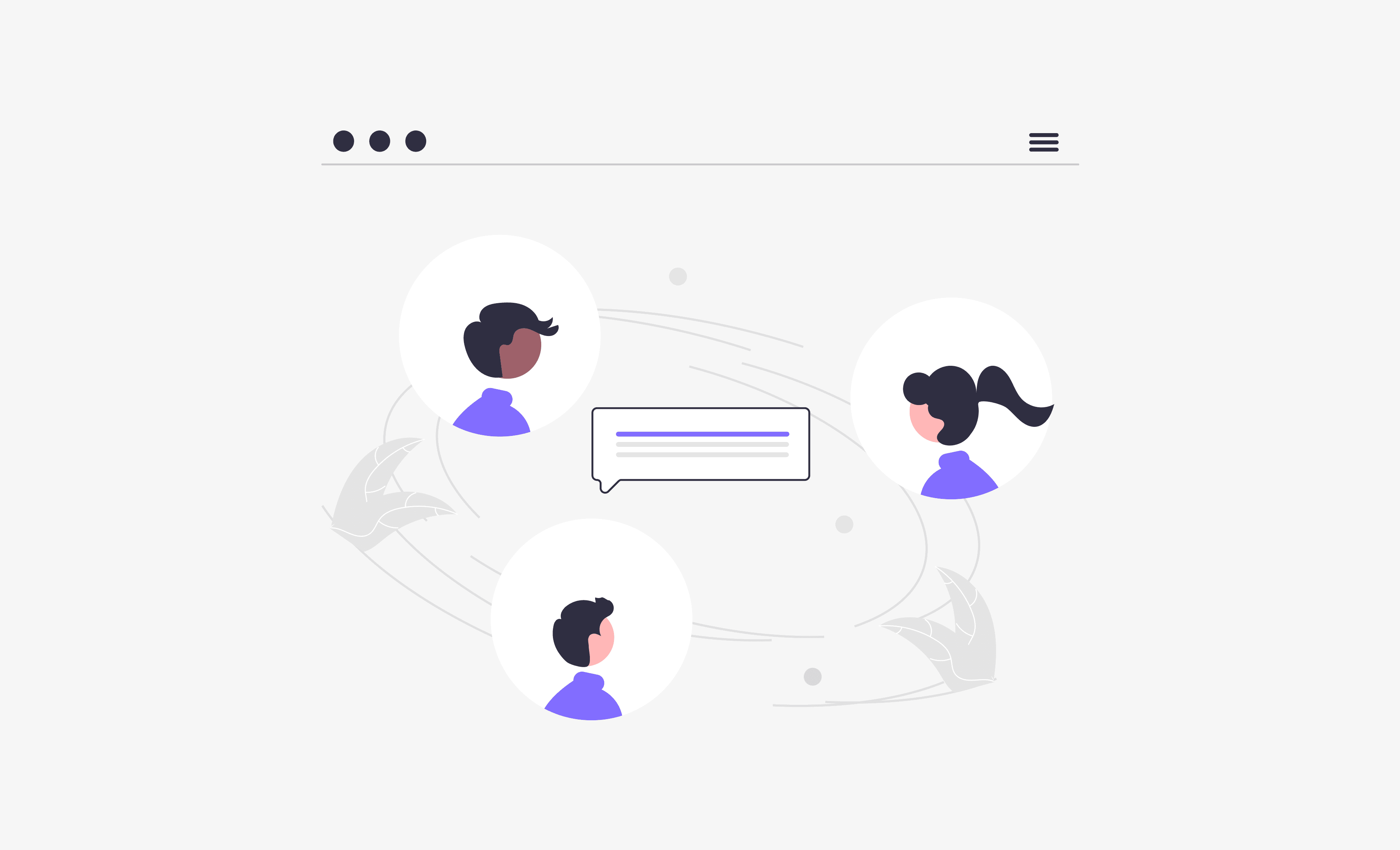The importance of positive feedback within a team

As a Community Manager, the search for tools to improve the team performance and their well-being seems to be endless. The thirst to improve and evolve is unceasing. And I like that. For that reason, I've installed a new bot on Codepoint's Slack regarding sharing feedback between team members. I took the opportunity to reflect on the importance of positive feedback within companies. In a professional setting we are not used to recognizing what is going well. Instead, we are taught to identify what is wrong, trying to fix it.
It seems to me that in most cases, the most frequent feedback happens when someone makes a mistake, for example: “Your mistake X had Z consequences". So we tend to associate the word “feedback” with something that went wrong and get scared when asked “Can I give you some feedback?”. If we feel that we are going to be evaluated or judged, it unfolds a stress state in us.
Generally speaking, it is less common to hear positive feedback when tasks that go well. These are often taken for granted. However, for tasks to run smoothly and right, it requires concentration and dedication. Why not reward it or at least acknowledge it?
We all recognize that constructive feedback gives us the opportunity to learn and grow. But, that doesn't mean we don't need positive feedback. In fact, the power of it is often underestimated. It's a way to boost the confidence of the professionals, assuring them that we trust their abilities and helping them to continuously do a better job. This simple action makes employees feel valued, which makes them more motivated and focused. This support and assurance results in better work relationships and greater retention.
Frequent feedback is also important as it is much easier for people to accept critics when things go wrong if they are also used to hearing positive things.
T-three helped me realize that congratulating someone on their work is not enough. I learned 3 helpful tips on giving more concrete and constructive positive feedback:
- Feedforward
- DESC
- What and why
While “feedback” ends up focusing on the past, “feedforward” focuses on future improvements. For example, instead of “You didn't time the tasks at the end of the day”, say “Please try to time the tasks at the end of each day from now on”.
DESC is an acronym for "describes, expresses, specifies and consequences". This technique is summed up in a simple but powerful way of explaining to others what they can do more, less, or differently in order to improve and maximize their performance.
As for the “what and why”, it is an easy method to adopt. Basically Consists in talking to each other about what they did that impressed you and why it was a good practice. For example: “I'm glad you patiently explained the process to the client, as it resulted in his enlightenment”.
Since the beginning that Codepoint. uses Slack to chat individually or in a group. Since this tool allows the integration of useful bots, we decided to try Matterapp's bot. This bot allows team members to exchange personalized feedback phrases (kudos) visible to the entire team and enabling all members to react to it. Furthermore, this bot encourages all members to do it weekly, which I believe is a great way to strengthen ties between the team.
It has worked very well for us, adherence has been great and the feedback exchanged has had a positive impact on everyone's work and mood. I strongly advise other companies that want to try it out because, in addition to being free, it is enriching for everyone, practicing empathy and recognition.



